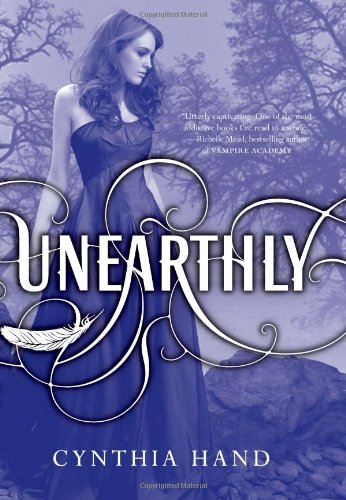 The short answer? Because you're not doing anyone a favor if you're pumping up writing you know can be better.
The short answer? Because you're not doing anyone a favor if you're pumping up writing you know can be better.It's the reason our moms can't be our crit partners. Crit is something you need to give AND receive with an open mind, and you're probably not going to get it from someone who's afraid to step on your toes, just a little. Just a little being the operative phrase. There is no need for mean in crit work.
Having said that, take my first draft of my finished ms, for example.
My very first beta reader, Aleeza Rauf, was very honest in telling me that, while she loved the characters and the story, the first half moved too slowly, and that an integral character needed to be introduced much sooner. I knew she was right, but I had already trimmed over 10,000 words, and had no idea where I'd be able to snip more. I thought I could trim another 1000 at most.
Know how many words went on the chopping block? Six. Thousand. And I don't miss a single, superfluous one. And that pivotal scene? I moved it up two whole chapters, along with a bit of other re-arrangements throughout the novel.
By the time I sent it off for another beta read, I was very proud of the changes. Changes, which, if Aleeza hadn't been honest, might not have been made.
My second beta reader, Heidi Windmiller, is basically a genius. Don't bother to argue, Heidi, because you are. I was floored by her ability to see both minor details, individual story arcs, and the big picture, all at once. She pointed out spots where my pacing could be picked up or even slowed down, where action or dialogue felt repetetive, or even diction too similar between the two main characters. And at the same time, she told me how my characters made her laugh, how engrossed she was in the plot.
More changes for the better ensued, thanks to honest, fair, constructive crit.
It's probably why my third crit partner, Leigh Ann Kopans, wound up being my biggest cheerleader -because she got to read the best draft yet. Even so, she helped me make one of the hugest realizations to date: my love triangle was never really a love triangle. I was so biased toward The Boy Who Wins Her Heart, I'd completely written off the other as a viable option. Ironically enough, she'd done the same in her novel, and we both had our huzzah moment while e-mailing back and forth rallying for The Other Boy in each other's stories. Furious re-writes, e-mail exchanges, new kissing scenes, and hilarity ensued.
In case you were wondering, said "kissing scenes" = freaking awesome. Mine AND hers. You haven't lived until someone asks you exactly how much tongue action went down in a kiss. But that's a blog post for another day.
So, I think you get the point. You have to be able to showcase the pros in someone's work while also pointing out the cons, or you're robbing them of the chance to improve. Telling someone they're "there" when they're not defeats the whole purpose of a critique. The satisfaction of TRULYgetting "there" will last a peson a lot longer than any hot air you might pump them with.
But enough of the heavy stuff. To read Leigh Ann's hilarious take on my critique of her novel, (and echoing my sentiments) go here and here.
Happy Critiquing and Revising!




